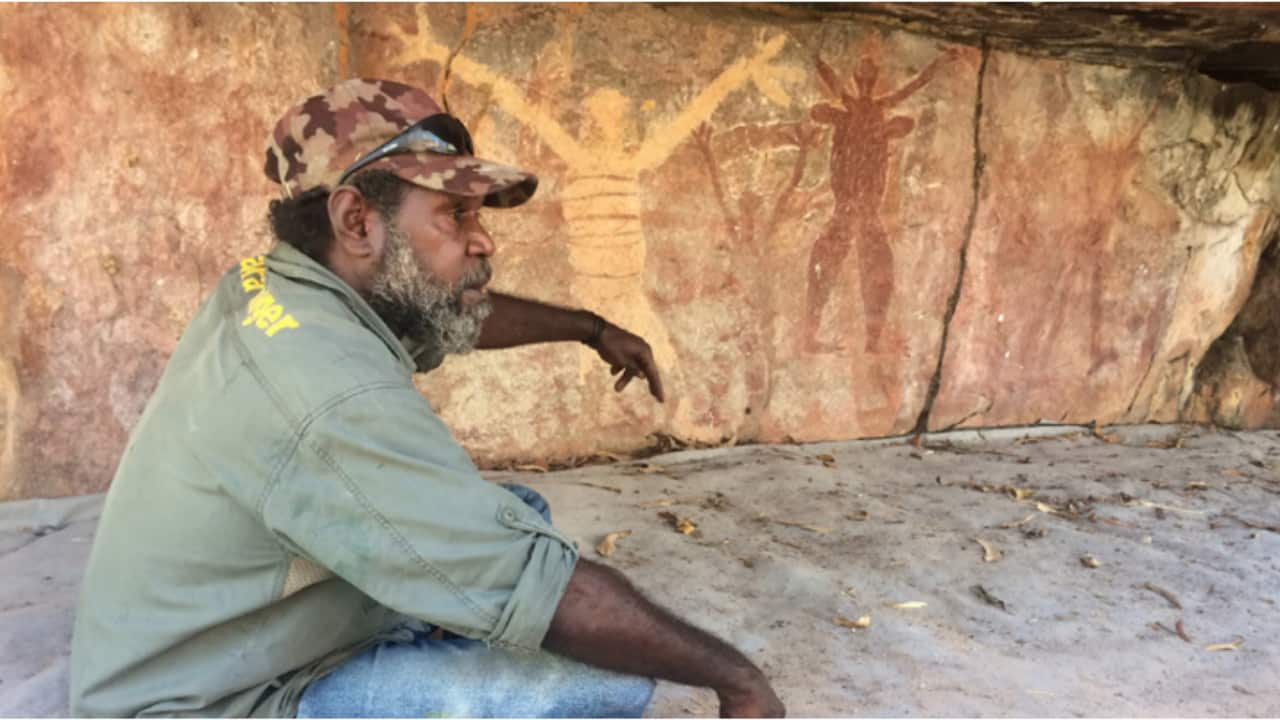The Queensland government has announced a new ten-year plan over the weekend, that will see Indigenous rangers double in numbers across the state with an aim to boost traditional practices when it comes to environmental protection.
On Saturday, Minister for Environment, Leeanne Enoch announced the $60 million Protected Area Strategy 2020-2030, a ten-year plan focussed on management and sustainability of national parks and other protected areas.
One of the key components of the Strategy would be the doubling of numbers from 100 to 200 Indigenous rangers across the state.
“We’re doubling the number of Indigenous Land and Sea Rangers who do important work looking after Country,” said Ms Enoch.
“By increasing Indigenous Ranger numbers to 200 we’re delivering jobs for First Nations peoples and supporting the incredibly important contribution of First Nations peoples, and their generations of knowledge and experience in conserving cultural heritage and the environment."
The announcement has been welcomed by Wuthathi Traditional Owner and Chairman Wuthathi Aboriginal Corporation, Keron Murray, who said the protection and conservation of Country was a "responsibility" passed down from his "ancestors".
“We’ll definitely be applying if new ranger jobs are on offer,” said Mr Murray.
“This is about following in the footsteps of our ancestors and caring for Country.
This has always been our aspirations to return our people to Country, working on our own Country, taking responsibility, being the authors of our own destiny, building our own skills and reconnecting with our culture.”
Currently, the Queensland government spends $12 million per year with funds directed to 24 Aboriginal and Torres Strait organisations, who employ over 100 Indigenous Land and Sea rangers across the state.
In 2019, the Palaszczuk government said it would transfer up to 20,000 hectares of State Forest in south-east Queensland, where logging would cease, to become protected areas by 2024.
Protected Areas Program Coordinator with the Queensland Conservation Council, Andrew Picone, said his organisation supported an Indigenous-led expansion.
"The Queensland Conservation Council supports the transition to a First Nations' led model for expansion and management of national parks," said Mr Picone.
"The Strategy captures the urgency of Queensland's role in averting a global extinction crisis and with the right investment, has the potential to deliver game-changing outcomes for endangered wildlife while boosting the economy."
The announcement come ahead of the state election set for October 31.



